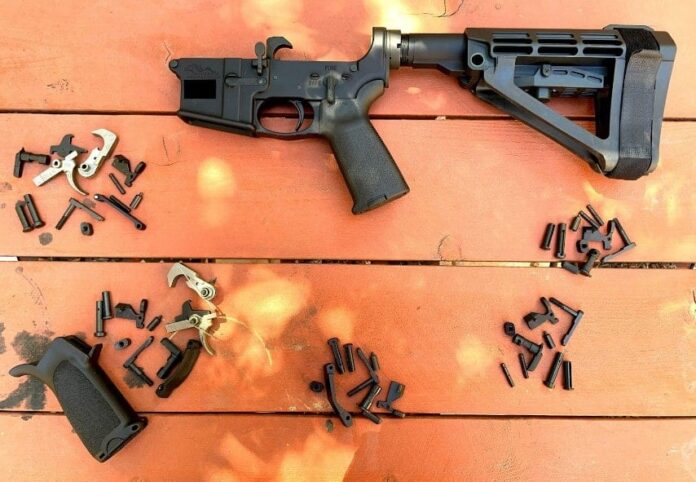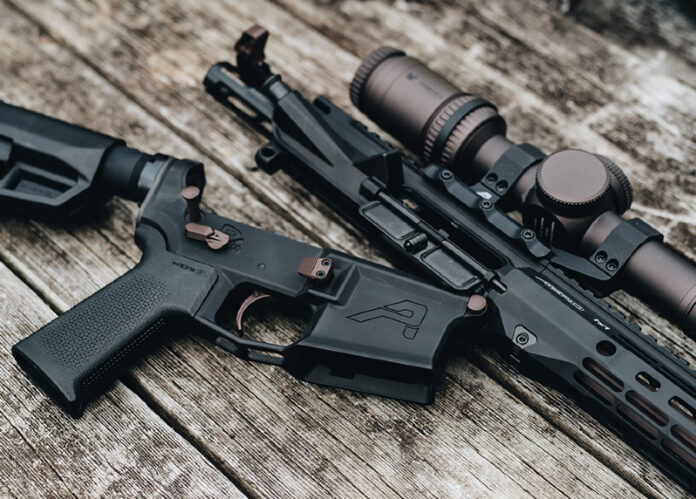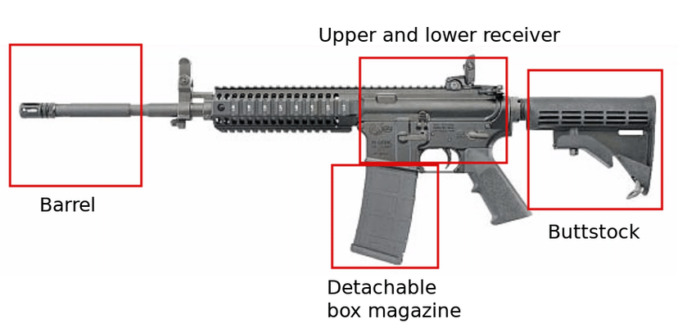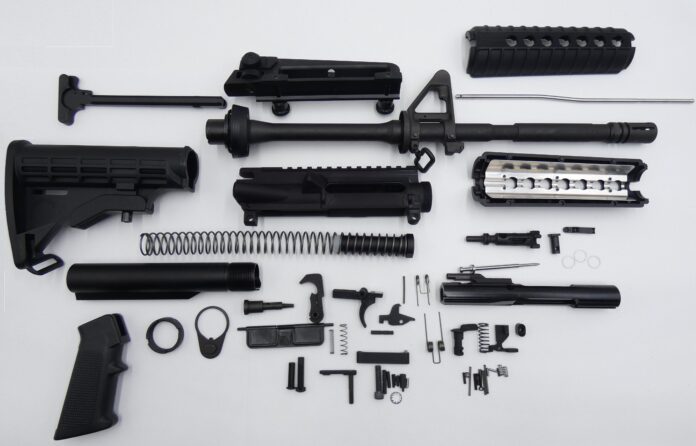Federal law regulates the sale of firearms and ammunition. This means that certain parts—like the AR-15’s barrel and receiver—cannot be sold without a license from the Federal Bureau of Investigation. However, there are many companies that sell “stripped down” rifles and pistols— meaning that these components have been removed or altered in order to make them non-compliant with federal law. In other words, these companies are able to sell parts of an AR-15 even if they’re not licensed to do so. So what should you do if you want to buy mid-state firearms? The answer is simple: research your options carefully before making a purchase. You don’t want to get caught up in a legal battle with the FBI or another government agency.
Are all AR-15 parts compatible?
AR-15 receivers and parts are compatible with some other firearms, but not all. Many of the same parts that work on an AR-15 will also work on a standard rifle. However, some parts may not fit well or function properly on a standard gun.
To ensure compatibility, it is important to research the specific make and model of the firearm before buying parts. Additionally, be sure to read the manufacturer’s instructions for assembly, as many AR-15 components require specific mounting procedures that vary from gun to gun.

How to buy?
If you’re looking to buy parts for your AR-15 rifle, you may be wondering if it’s still possible. The short answer is yes – but there are a few things to keep in mind.
First and foremost, make sure that the parts you’re looking to purchase fall within the ATF’s definition of an “assault weapon.” This includes semi-automatic rifles with a capacity of more than 10 rounds and certain other features. Many companies that sell AR-15 components also offer conversion kits that make their weapons legal under current law, so be sure to ask about those before making a purchase. If shotguns are of interest to you, you may also want to explore the topic of Best Shotgun Loads for optimal performance and results.
Once you know what you’re looking for, it’s time to start shopping. There are many online ar15 parts retailers available, as well as some physical stores that deal specifically in firearms supplies. Be sure to do your research and compare gun company prices before making a purchase. And remember: always verify the authenticity of the parts you’re purchasing by consulting with an expert like the ones at midstatefirearms.com
What are the consequences?
Be aware that the ATF has announced that it is investigating whether or not certain types of AR-15 parts are “mid-state firearms.” If you’re looking to buy an AR-15 part and it falls into one of these categories, you will likely have to go through a background check first. Keep in mind that this does not mean that all parts are now illegal; it just means that the ATF is keeping an eye on the situation.
The consequences of buying AR-15 parts can depend on a variety of factors, including the part you’re looking to purchase and where you live. Browse lowers as a starting point for your build. In some cases, it could lead to felony charges. Also, if you’re caught selling or buying these parts without proper authorization from the ATF, you could face serious penalties, including jail time and fines.

How many AR 15s are in circulation in the US?
There are an estimated 20 million AR-15-style rifles in circulation in the United States, according to the gun control advocacy group Everytown for Gun Safety. This number includes both military and civilian rifles.
What parts fail on AR-15?
Today, many people who own an AR-15 rifle opt to rebuild or modify the weapon in order to increase its performance. While the basic parts of the AR-15 are generally reliable, there are a few areas where problems can occur.
The bolt is one such part. The bolt-locking lugs are asymmetrical because the extractor occupies the position of the eighth lug. This causes stress on the bolt when it is fired and can eventually fail. However, the configuration of the AR-15 bolt locking lugs is asymmetrical because the extractor occupies the position of the eighth lug. This causes stress on the bolt when it is fired and can eventually fail.
Another common problem with AR-15 bolts is that they can become carboned over time due to heat and pressure from firing rounds. When this happens, it makes it difficult for the bolt to move back and forth during a cyclical fire. Carboned bolts also make it harder for gunsmiths to install new parts or repair damage.
Overall, however, AR-15 bolts are generally reliable and many people choose to keep them in their weapons rather than replace them altogether.
The gas tube assembly is another area where problems can occur. This component helps move the ammo and gas from the barrel to the action, and it can become worn or damaged over time. When this happens, the weapon may not be able to fire properly or at all.
Firing pin failure is also a common issue with AR-15s. The firing pin is a metal piece that is inserted into the cartridge to ignite it when the gun is fired. If the firing pin fails, it can cause the weapon to not fire at all.
The extractor is another part that can fail on an AR-15. This component pulls the spent casing from the chamber after a round has been fired. If it becomes worn or damaged, it may not be able to do its job properly and lead to malfunctions.
The barrel can also fail on an AR-15. This component houses the chamber and provides support for the action spring. If the barrel becomes cracked or damaged, it may not hold up under heavy use and eventually need to be replaced.
Lastly, the action spring can also become stretched or weakened over time. When this happens, the weapon’s performance may decline as a result.

Conclusion
While certain states have passed laws prohibiting the sale of AR-15 parts, other states still allow for their purchase and even manufacture. If you’re located in one of these “permissive” states, it’s important to be aware that not all AR-15 parts are legal to purchase or possess in your state. Before making any purchases or entering into any agreements purporting to involve an AR-15 part, it’s always wise to consult with a local attorney who is familiar with gun laws in your area.








